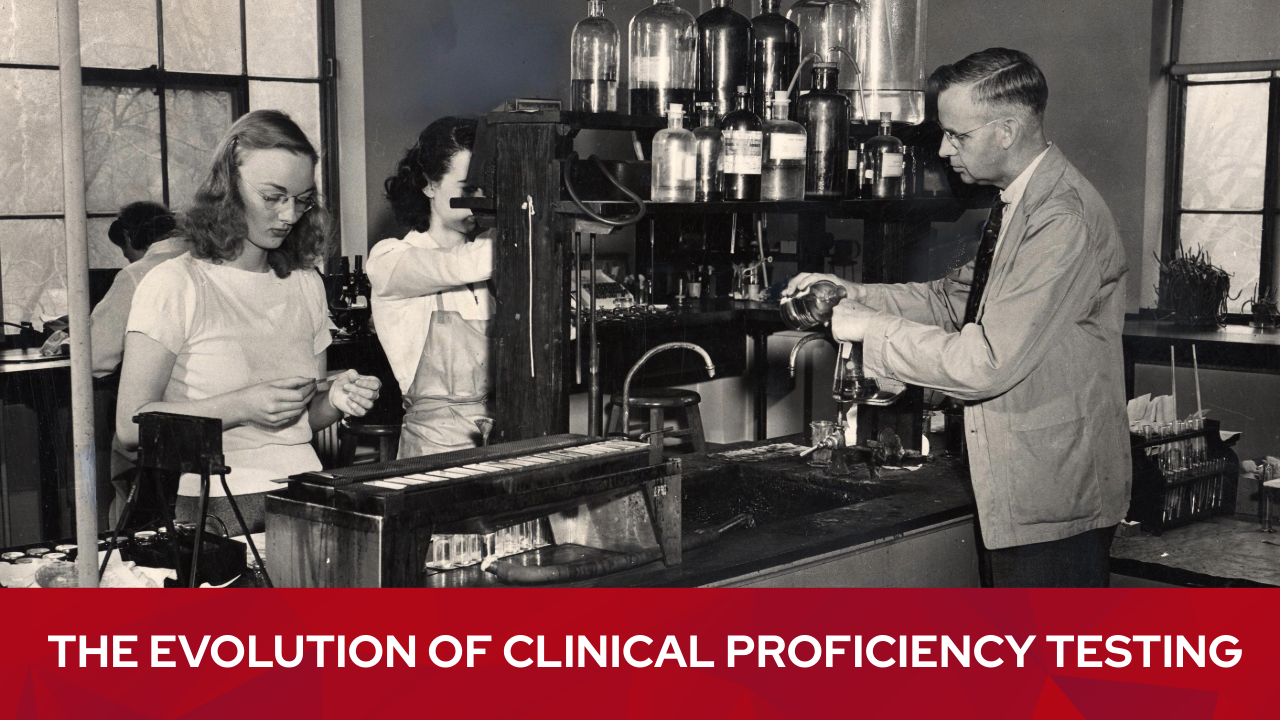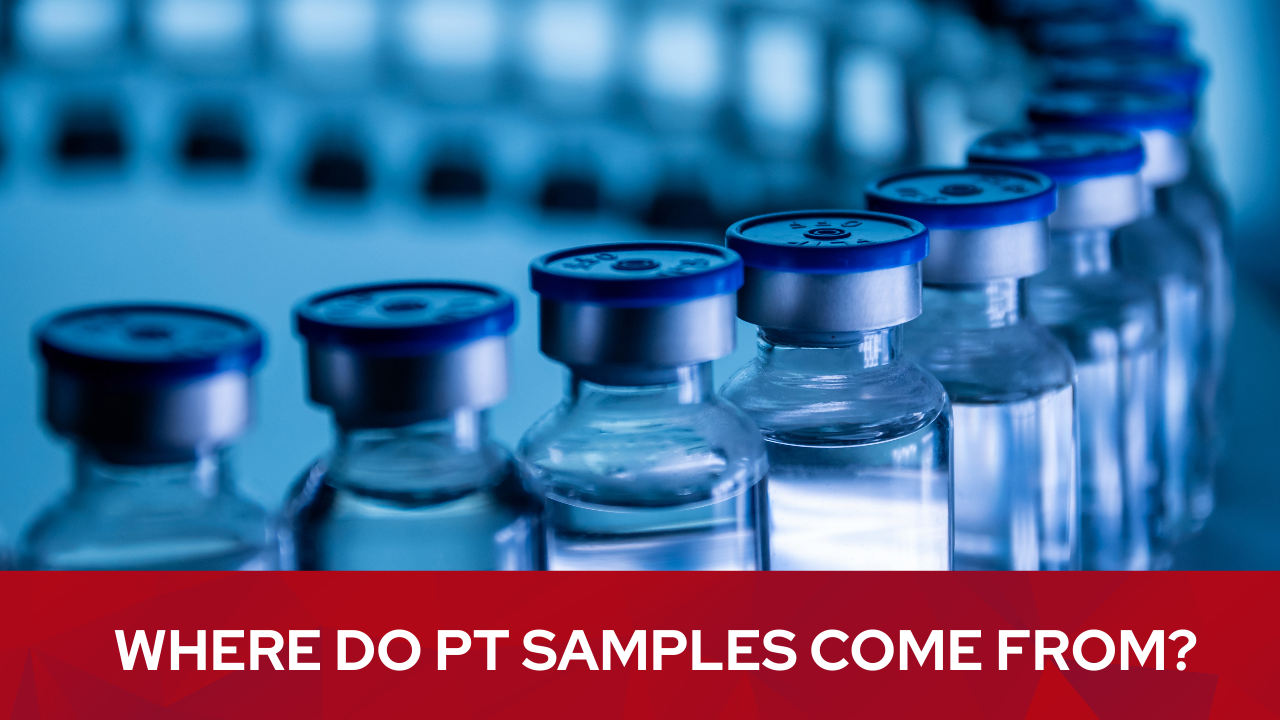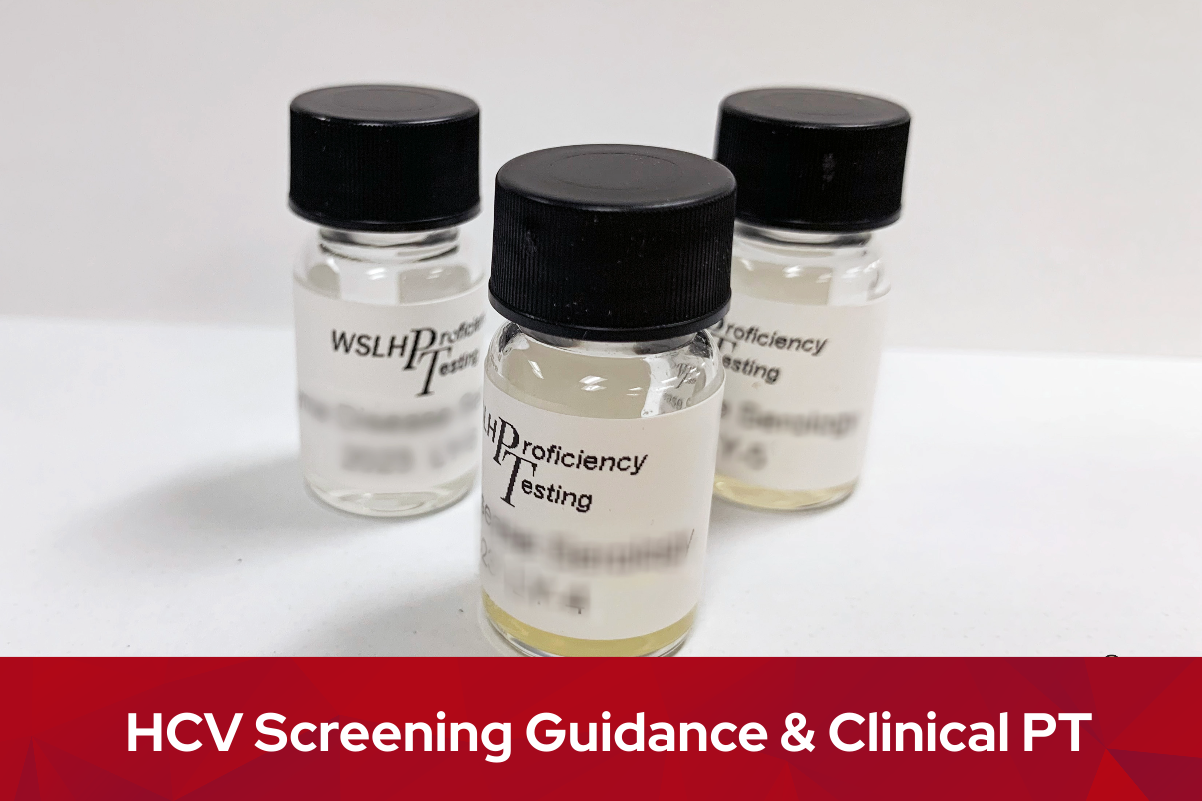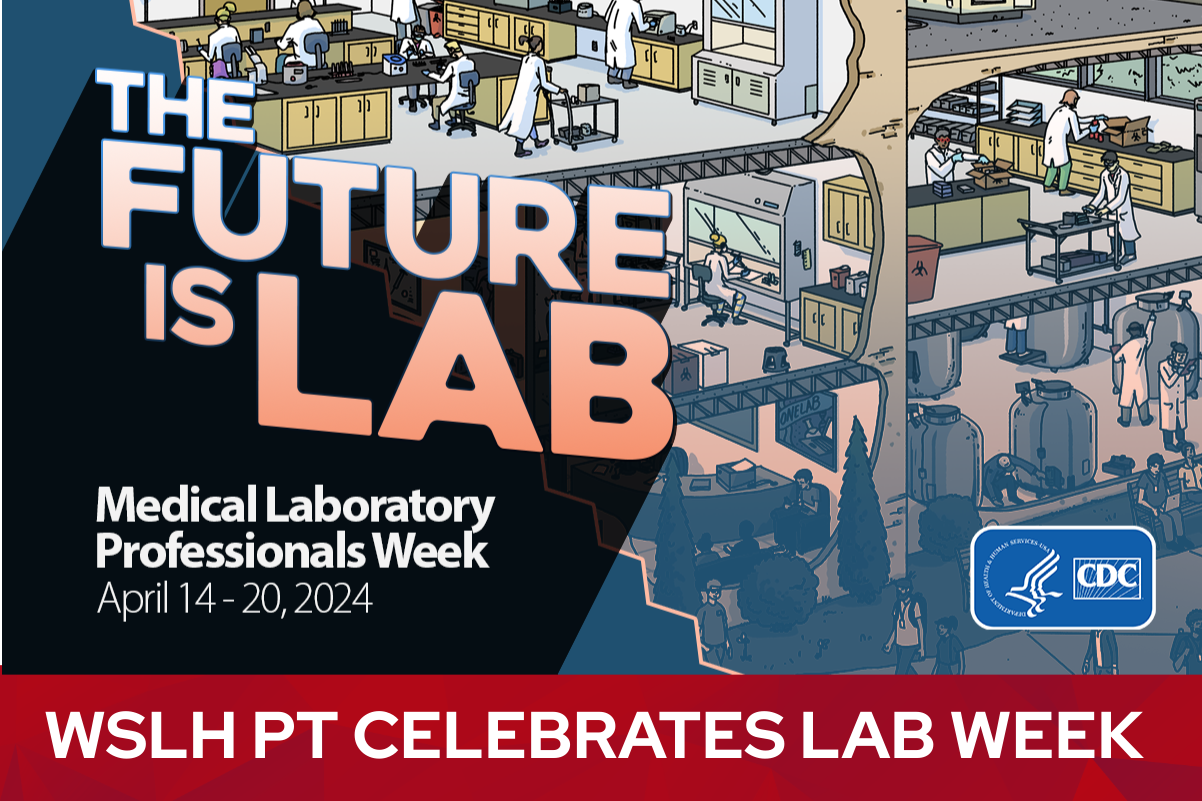
As we celebrate Medical Laboratory Professionals Week, WSLH Proficiency Testing shines a spotlight on dedicated individuals who work tirelessly behind the scenes to ensure the accuracy and reliability of medical testing results. Our experiences as laboratory professionals are uniquely crucial to our healthcare system, contributing significantly to patient outcomes and the broader understanding of public health.
This year, we bring you the inspiring stories of three remarkable individuals, Barb Goodson, Caitlin Miranda, and Shirely Keenan, who have dedicated their lives to the field of medical laboratory science. Each journey is unique, yet they all share a common passion for their profession and a commitment to making a difference in the lives of others.
Barb Goodson, MSW: Building a Lab from the Ground Up
 Barb Goodson’s journey into the world of medical laboratory science began unexpectedly. After working for 23 years in various positions at her local public health department in Hancock, Michigan, Barb found herself thrust into the frontline response at the start of the COVID-19 pandemic in 2020. She recounts how she took on so many more roles in response and “kind of did everything,” from working in the call center to contact tracing.
Barb Goodson’s journey into the world of medical laboratory science began unexpectedly. After working for 23 years in various positions at her local public health department in Hancock, Michigan, Barb found herself thrust into the frontline response at the start of the COVID-19 pandemic in 2020. She recounts how she took on so many more roles in response and “kind of did everything,” from working in the call center to contact tracing.
However, it was in September 2020 that Barb received a unique opportunity—to build a public health testing lab in the Western Upper Peninsula of Michigan from scratch. This laboratory would serve as one of the 6 regional public health laboratories in Michigan’s Public Health Laboratory network. Armed with determination and a love for challenges, Barb took on the task with gusto. Despite not having any prior experience in a laboratory since high school, Barb embraced the project wholeheartedly.
While she initially pursued a career as a social worker specializing in geriatrics, her transition to the laboratory field was marked by her ability to identify and address community needs creatively. Over the course of a year, Barb and her team worked tirelessly to construct the laboratory and navigate through verifications and policy procedures. Finally, in September 2021, the laboratory now known as the Western UP Regional Public Health Laboratory, began testing for COVID-19 and other infectious diseases.
“My vision was for the lab to be there for COVID, but I really looked at this as an opportunity to bring on a variety of communicable disease testing in our community,” said Barb.
With her team and the support of the Michigan Bureau of Laboratories, Barb aims to provide a range of communicable disease testing to the community, bridging gaps in healthcare accessibility and ensuring faster turnaround times for critical tests. Having specialized infectious disease testing available in the local community is a significant asset, enabling healthcare providers to diagnose and treat patients more effectively.
Caitlin Miranda, M (ASCP): A Journey of Discovery and Dedication
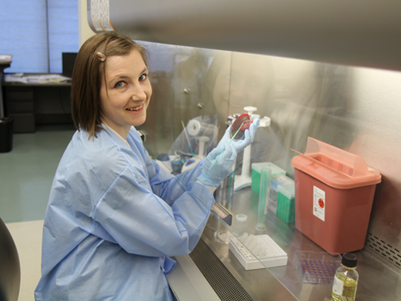 Caitlin Miranda’s journey into the laboratory field was sparked by her exploration as a Biology major in her college years. Initially unsure of her career path upon graduation in 2008, Caitlin was encouraged to apply for an internship in a small-town hospital laboratory in Owosso, Michigan. It was here that she discovered her passion for medical laboratory science.
Caitlin Miranda’s journey into the laboratory field was sparked by her exploration as a Biology major in her college years. Initially unsure of her career path upon graduation in 2008, Caitlin was encouraged to apply for an internship in a small-town hospital laboratory in Owosso, Michigan. It was here that she discovered her passion for medical laboratory science.
As an intern, Caitlin had the opportunity to immerse herself in various aspects of laboratory work, from performing routine tests to gaining insights into the intricacies of microbiology. Inspired by her experiences and supported by mentors who believed in her potential, Caitlin pursued further education in medical laboratory science.
“Once I entered the world of laboratory medicine, I knew that this was where I was exactly supposed to be,” said Caitlin. “That sense of belonging drives my passion to keep doing what I am doing.”
Throughout her career, Caitlin has held various roles at Oregon State Public Health Laboratory, from bench technologist to Microbiology lead, and now as Quality Assurance and Safety Manager. For Caitlin, the most rewarding aspect of her work as the Microbiology bench lead was knowing that her work directly impacted patient outcomes, particularly in the context of community-acquired diseases like syphilis and HIV. Today, she remarks how her experience on the bench informs her role as a decision-maker to enact meaningful changes in policy and practice for laboratory quality improvement.
As Caitlin reflects on her journey, she encourages others in the field, who may be curious about other opportunities or who are feeling burnout, to explore different career avenues connected to medical laboratories. Our unique knowledge and experience as laboratory professionals, she says, can provide crucial contributions to the broader healthcare landscape. From clinical work to administrative roles, each of us plays a vital role.
Shirley Keenan, MS, BS, MT (ASCP): From Medical Assistant to Chief Microbiologist
 Shirley Keenan’s journey into medical laboratory science began in the late 1970s, when she worked as a medical assistant for a physician in a growing practice. It was here that Shirley first encountered and learned basic laboratory skills, sparking her interest in the field. However, it wasn’t until the physician hired a medical laboratory professional that Shirley considered pursuing a career in laboratory science herself. It was her colleague who encouraged her to go to school to pursue a degree in Medical Laboratory Science at the University of Buffalo in New York.
Shirley Keenan’s journey into medical laboratory science began in the late 1970s, when she worked as a medical assistant for a physician in a growing practice. It was here that Shirley first encountered and learned basic laboratory skills, sparking her interest in the field. However, it wasn’t until the physician hired a medical laboratory professional that Shirley considered pursuing a career in laboratory science herself. It was her colleague who encouraged her to go to school to pursue a degree in Medical Laboratory Science at the University of Buffalo in New York.
“She actually drove me to the University of Buffalo to learn more about the program and to enroll in classes,” said Shirley. “I am not sure if I would have pursued an education in laboratory medicine if it had not been for her encouragement.”
Throughout her education, she was captivated by the structured nature of laboratory work and the critical role it plays in patient care. After completing her degree, Shirley continued her education, eventually becoming Chief Microbiologist for the Public Health Department of Erie County in New York.
In her current role, Shirley oversees laboratory operations, ensuring the accuracy and reliability of test results. She emphasizes the importance of attention to detail and adherence to standard operating procedures in maintaining the quality of testing. Shirley takes pride in her team’s dedication to delivering accurate results, particularly in the context of public health initiatives like infectious disease surveillance.
Shirley acknowledges the challenges and rewards of working in the laboratory field. From her early days as a medical assistant to her current role as a chief microbiologist, Shirley’s commitment to excellence remains unwavering, driving her dedication to the profession.
Celebrating Excellence in Medical Laboratory Science
As we honor Medical Laboratory Professionals Week, WSLH Proficiency Testing expresses gratitude to countless individuals like Barbara, Caitlin, and Shirley who work diligently behind the scenes to safeguard public health and improve patient outcomes. Their unwavering dedication and commitment to excellence exemplify the vital role of medical laboratory professionals in the healthcare system. WSLH PT celebrates all the invaluable work and individual contributions to healthcare.





